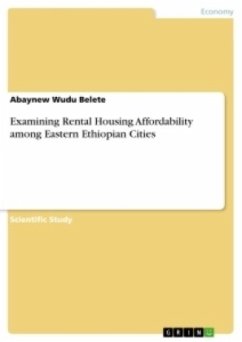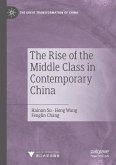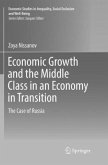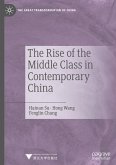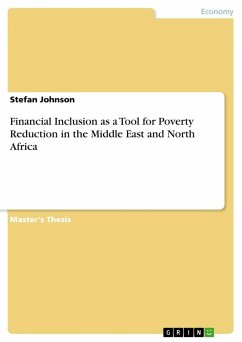Seminar paper from the year 2015 in the subject Economics - Case Scenarios, , language: English, abstract: Home ownership is a coveted dream of almost every individual. Unfortunately, most people are not able to see this dream to realisation due to financial constraints. The importance of mortgage products cannot be undermined since they have proven to be overly reliable in helping provide decent housing for low and middle income groups in many countries. Despite the overwhelming impact of mortgaging, some countries are unable to tap into the most reassuring means of housing finance. African countries are no exception to this since their financial markets are characterised by high and volatile interest rates, short to medium term lending, mortgage credit deficiencies, embryonic capital markets and a host of other factors that discourage mortgaging. The situation is aggravated in Ghana where Mortgage debt to GDP ratio stands at 0.5%, making it one of the least developed markets worldwide with a wide variation from the African average of 15.7% (CAHF, 2014:84). Mortgage pricing determinants form the core problem of Ghana's low performing mortgage industry and the nature of the mortgage model adopted for pricing has a long-term significant effect on effective mortgage demand. The nature of the mortgage instrument acceptable for mortgaging varies from one country to the other. In fact the socio-economic, political and cultural make-up of a country needs to be given due consideration in adopting a suitable model for mortgage product offerings. This paper understudies the potential of the Graduated Payment Mortgage in pricing and demand for mortgage products. To achieve this, the study concentrates on middle income earners in Ghana and examines their propensity to afford mortgage products characterised by graduated payments. The study further employed quantitative and qualitative methods of data collection from both primary and secondary sources and adopted purposive sampling techniques. The researcher gathered during the study that the unattractive nature of the Ghanaian mortgage market stems from a myriad of intertwined problems. Typical of these are low income levels, high interest rates, unwarranted socio-cultural stigmas on borrowing, high risk of default, expensive mortgage products and high incidental costs. Regardless of the difficulties of mortgaging in Ghana however, the study reveals that many prospective home owners are willing to accept cheaper mortgage finance products in lieu of incremental development approaches to housing.
Hinweis: Dieser Artikel kann nur an eine deutsche Lieferadresse ausgeliefert werden.
Hinweis: Dieser Artikel kann nur an eine deutsche Lieferadresse ausgeliefert werden.


